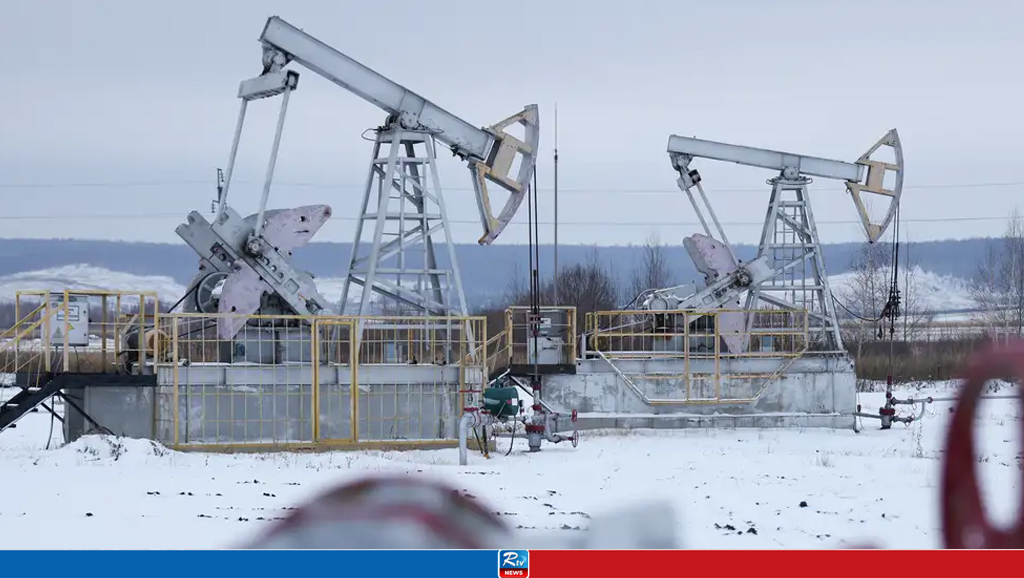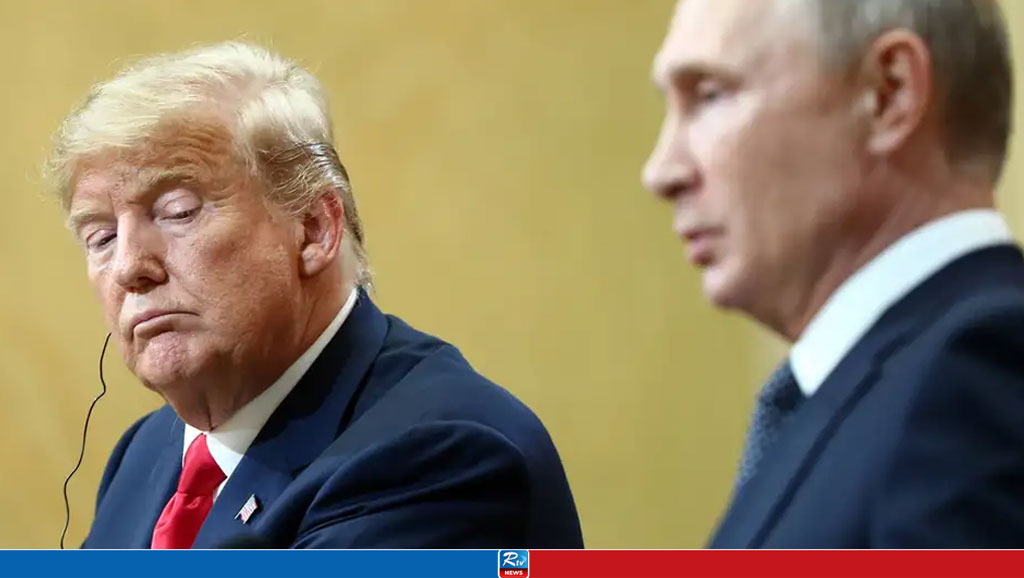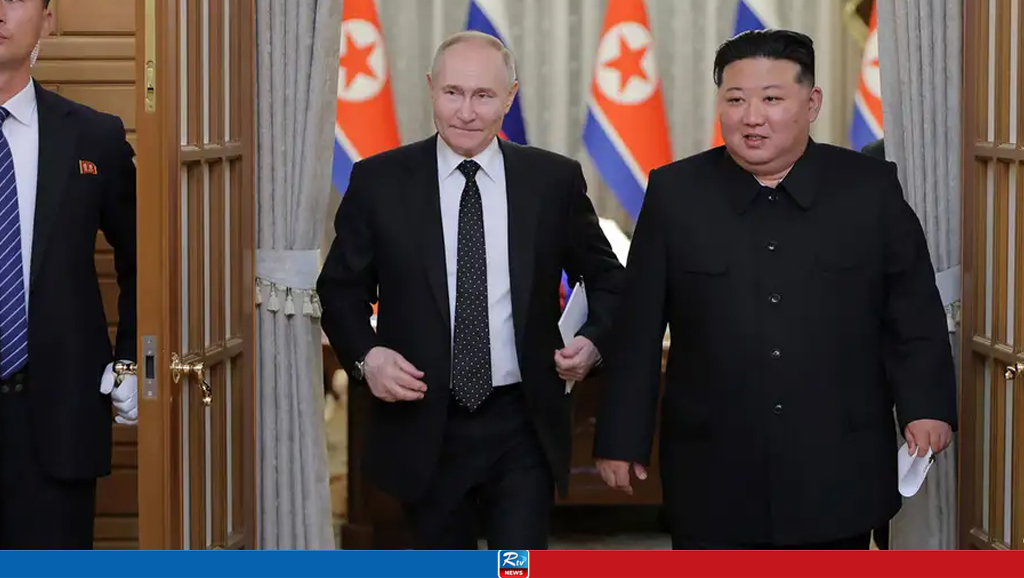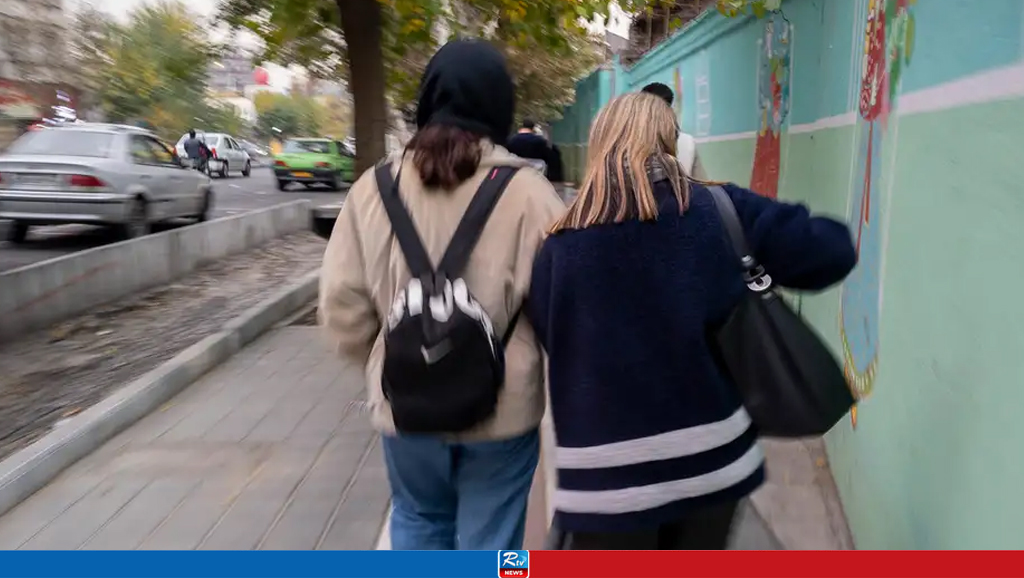Iran's Strategic Pivot Deepens Ties with Russia
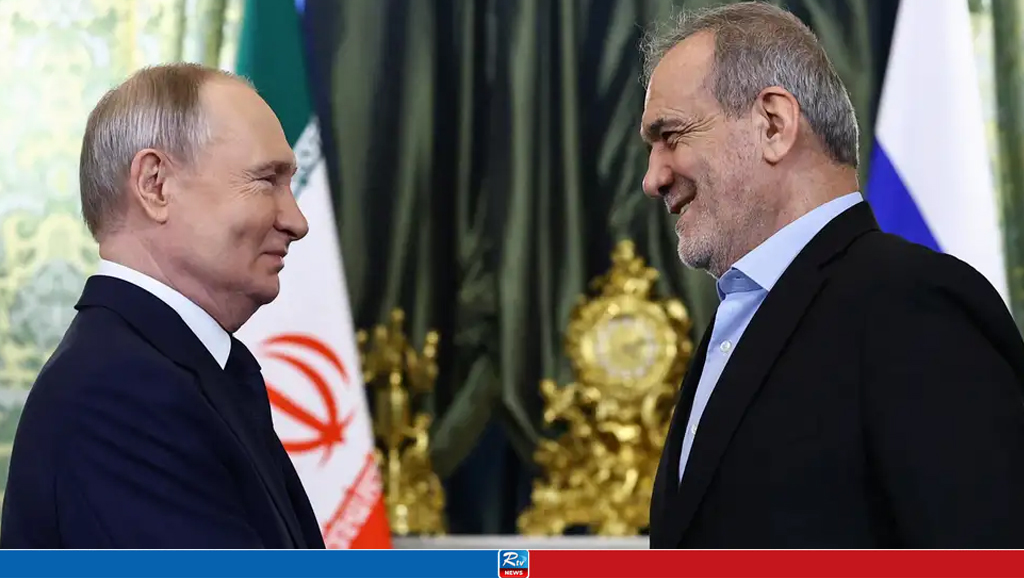
Iranian President Masoud Pezeshkian arrived in Moscow on Friday for talks with Russian President Vladimir Putin and the signing of a strategic partnership treaty.
Under the new partnership agreement, Pezeshkian and Putin plan to intensify collaboration across various sectors — including military, nuclear energy, advanced technology and financial cooperation to combat international sanctions.
Both Iran and Russia have been heavily impacted by Western sanctions — Moscow over the war in Ukraine, Tehran over its contested nuclear weapons program — and Pezeshkian's visit underscores Iran's strategic pivot towards alliances in the East, particularly with Russia.
What does this partnership really mean for Iran's future?
Abbas Araghchi, Iran's Foreign Minister, emphasized the significant role of Iran and Russia as major powers in shaping a new global order.
He described the Iran-Russia agreement not merely as a political document, but as a roadmap for the future.
A key aspect of the deal is strengthening security and defense cooperation.
Drawing on their experience in combating terrorism and extremism, Araghchi noted that this partnership aims to enhance regional and global stability.
He told Iranian state TV that while it covers defense and security cooperation, "this is a complete and comprehensive treaty, not one focused on a specific purpose, such as a military alliance."
Decades of Iran-Russia cooperation
This visit builds on the 20-year strategic agreement initially signed in 2001 under former reformist President Mohammad Khatami, which has been periodically renewed and serves as the foundation for collaboration in the energy, defense, and military sectors.
Although the details of the new treaty were not released, Iranian officials emphasize that it will bolster the framework of this historic partnership.
However, many experts suggest that, much like Iran's previous agreements with China — such as the 25-year cooperation deal signed in 2021 — the full scope of this new deal is unlikely to be revealed to the public, raising concerns over the hidden costs of such secretive alliances.
While Tehran may view its partnership with Moscow as a lifeline amid mounting international isolation, analysts suggest that Russia sees Iran as a secondary player in its broader strategy, which centers primarily on securing its relationship with the West, particularly with the United States.
Russia's collaboration with Iran is heavily shaped by its own objectives, notably its opposition to NATO , and the war in Ukraine.
Analysts suggest that Tehran's role in Moscow's broader foreign policy strategy is secondary to its negotiations with major powers, particularly the United States.
"Russia's primary focus is on securing its interests with Washington, especially regarding NATO's presence in Eastern Europe and Ukraine's potential membership," Ahmad Vakhshiteh, a senior lecturer at the Peoples' Friendship University of Russia (RUDN) in Moscow, told DW.
"Tehran may benefit from this partnership, but Russia will ultimately prioritize its own strategic goals," he added.
Military cooperation and tensions
Pezeshkian's visit signals Iran's desire to deepen its relationship with Russia. However, Tehran must also contend with the reality that Russia's support is not unconditional.
Behrouz Esbati, a commander with the Islamic Revolutionary Guard Corps (IRGC), the ideological branch of Iran's military, recently criticized Russia's actions during critical military operations in Syria.
According to Esbati, Russia has repeatedly failed to provide essential logistical support and has even actively sabotaged Iranian operations, enabling Israeli airstrikes against Iranian targets.
The drone debate
One of the most controversial aspects of the Iran-Russia alliance is the accusation that Tehran is supplying drones to Russia for use in the Ukraine conflict.
Ukraine and its allies say Russia has used Iranian-made Shahed drones to attack Ukrainian infrastructure, leading to significant civilian casualties.
In September 2024, Ukraine's Foreign Ministry said Russia had deployed over 8,000 Shahed drones during its full-scale invasion.
Additionally, the US Defense Intelligence Agency released a 2023 report confirming Russia's use of various lethal Iranian unmanned aerial vehicles against Ukraine, highlighting their role in attacking critical infrastructure.
Tehran vehemently denies these allegations.
Iran's strategic vision looks east
The economic dimension of the Iran-Russia relationship has grown significantly in recent years, especially following the onset of the Ukraine war and subsequent sanctions.
With Iran increasingly isolated from the West, it has turned to Russia for crucial imports, including grain supplies, which were once sourced from Ukraine.
Iran's foreign policy under President Pezeshkian aligns with Supreme Leader Ali Khamenei's vision, which emphasizes the need to prioritize Eastern partnerships over Western alliances.
Khamenei's stance, encapsulated in his statement from February 2018, reinforces Iran's commitment to aligning with countries like Russia and China.
As Khamenei put it, "In foreign policy, the priority is to favor the East over the West, neighbors over distant countries, and nations with shared interests over others."
Comments
US Responds to Sheikh Hasina’s Alleged Role in Enforced Disappearances
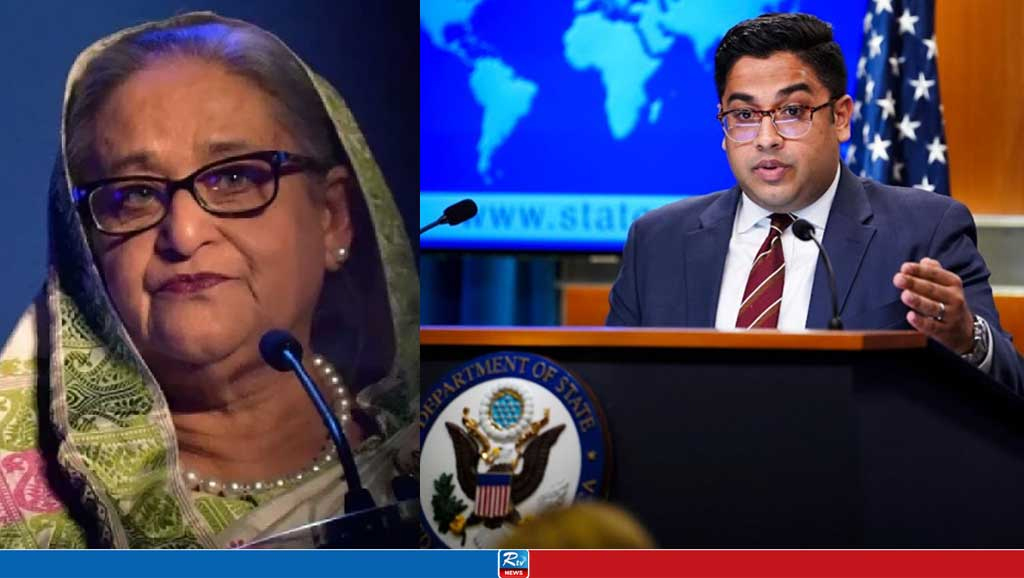
Chinese National charged with Acting as Beijing's Agent in Local California Election
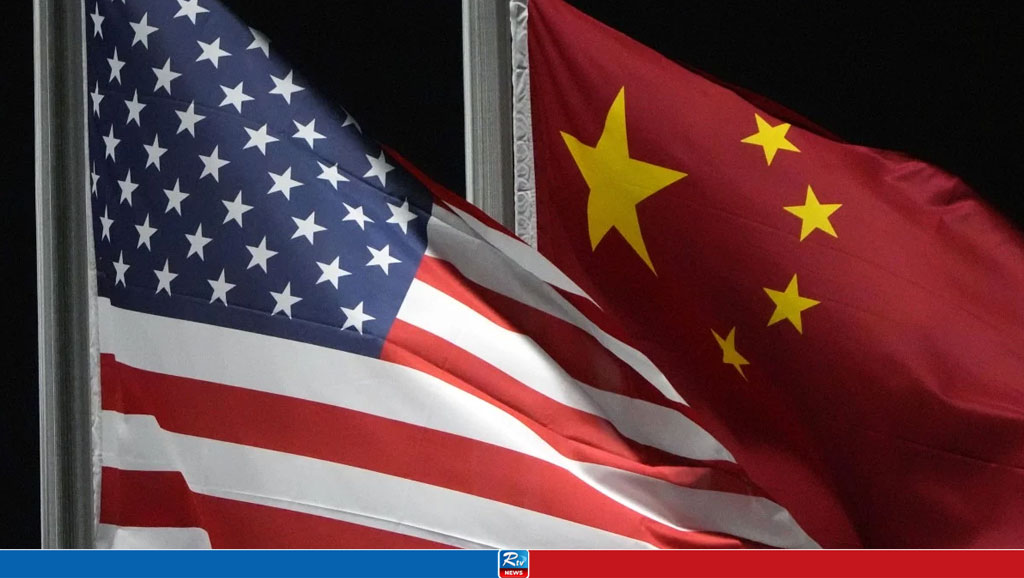
Can China Shield the Biggest Uninsured Economy From Floods?

China Taken Efforts Consistent with 'Transnational Repression': US
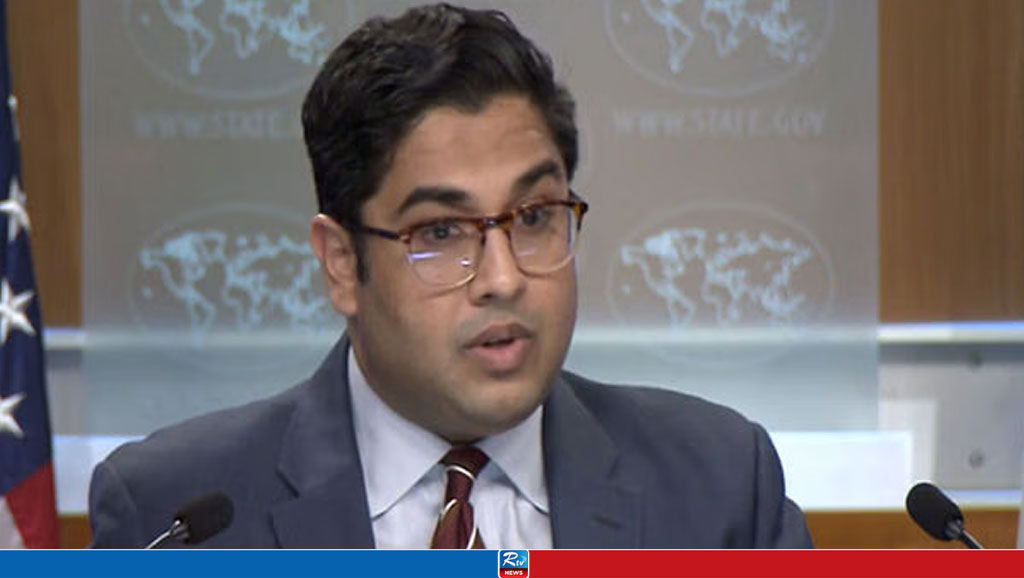
Tibetan Leaders Advocate For Challenges Faced Under Chinese Rule in Delhi
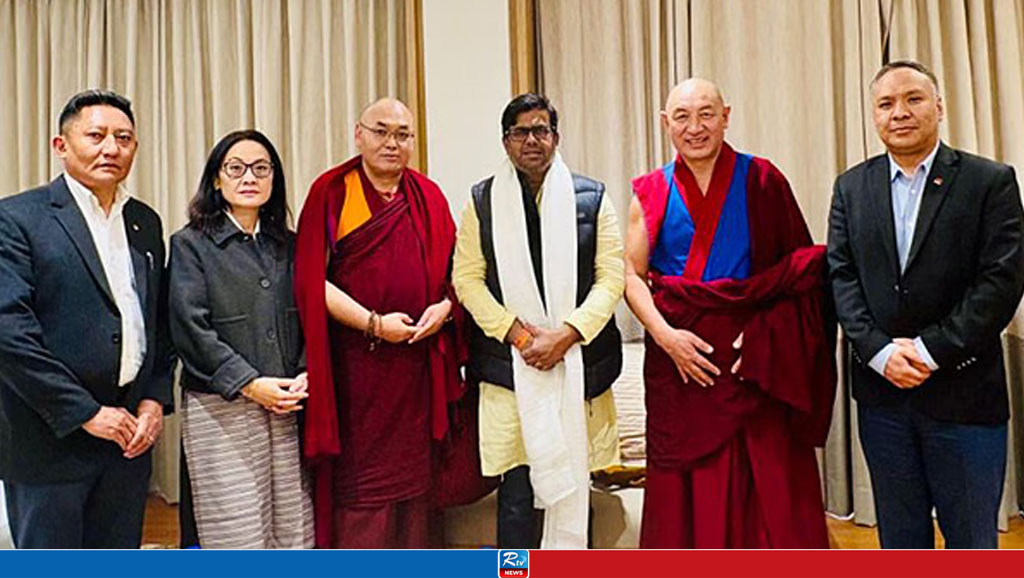
Tens of Thousands Join Student-led Protests in Serbia
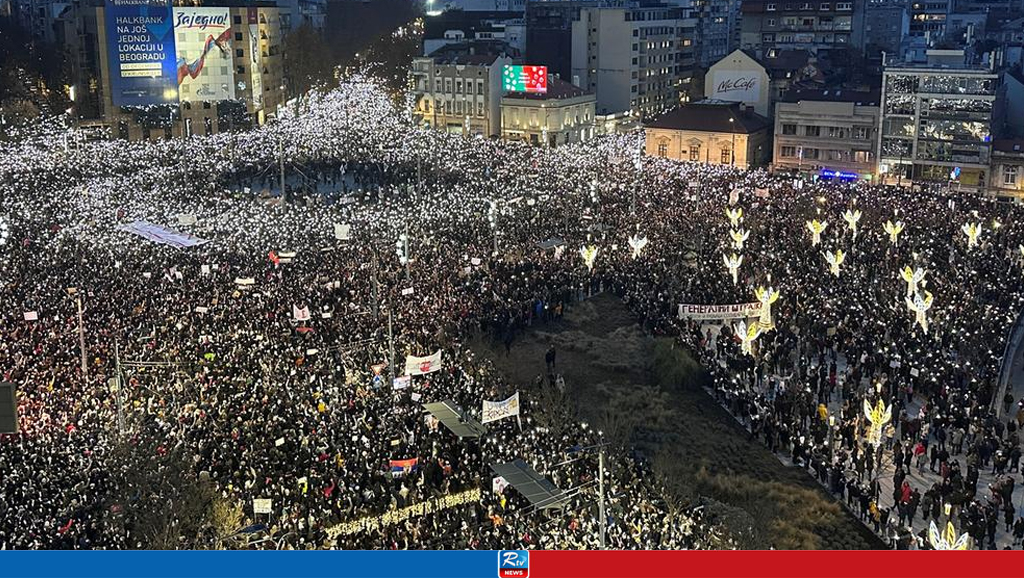
Guam arrests 7 Chinese nationals who tried to illegally enter US military site during missile test
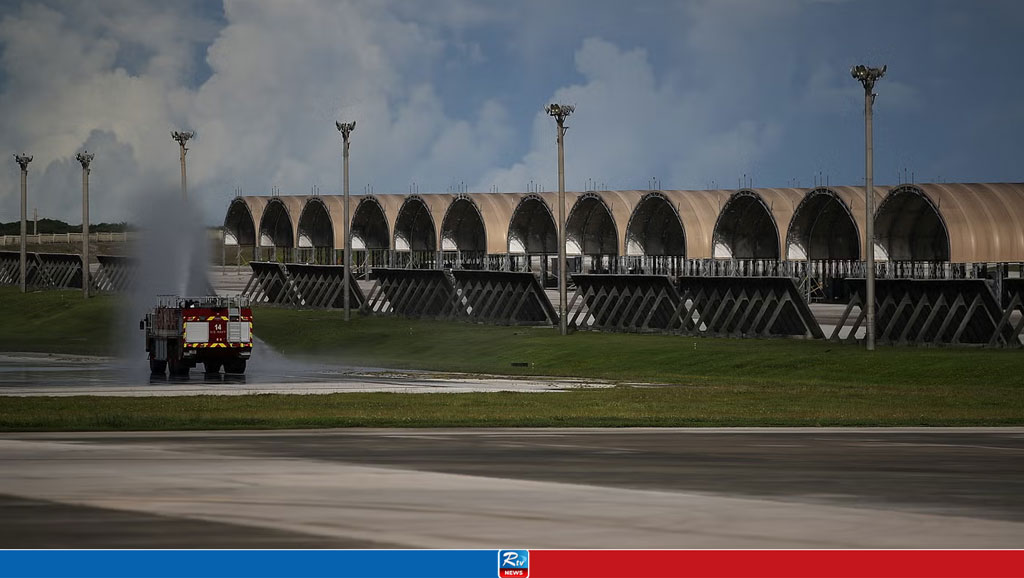

 Live Tv
Live Tv


